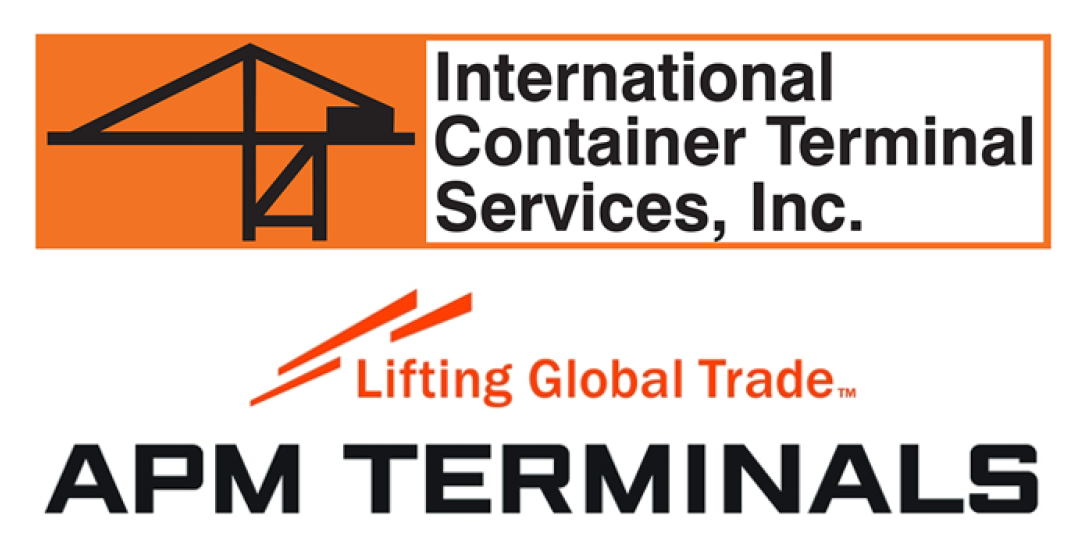Transnet should prioritise four segments of its business to better facilitate logistics for the supply chain industry: the possible outsourcing of tender processes to promote procurement, the rehiring of skilled personnel, avoiding political interference and substantially improving port performance.
However, procurement alone appears near-insurmountable considering the debt-pile position in which the port and rail freight entity finds itself, says Vuslat Bayoglu, managing director of investment company Menar.
“In its November 2024 announcement, rating agency S&P Global downgraded Transnet to BB minus,” he said.
“The rating agency said it expected Transnet’s gross debt to increase from R134.7 billion by the end of the fiscal year 2024 to R151bn by the end of fiscal 2025, with an annual interest payment between R15bn and R17bn.”
The fact that the state-owned company’s (SOC) financials for the six months to last September had shown losses of R2.2bn, up from the R1.6bn for the same period the previous year, didn’t augur well for Transnet’s capital expenditure potential, Bayoglu emphasised in a column carried by the Sunday Times over the weekend.
He lauded developments by President Cyril Ramaphosa’s National Logistics Crisis Committee (NLCC), but with strong reservations.
He said it was commendable that the NLCC had set aside 15 years for long-term private sector access in Transnet Freight Rail’s current privatisation process of slot allocations, especially considering that it will cost an estimated R51.3bn for repair and refurbishment to get the country’s rail network to a 226 million tonnes per annum capacity.
With reference to the ongoing Durban High Court matter in which APM Terminals has successfully interdicted International Container Terminal Services Inc from acquiring a 49% stake in running Durban Container Terminal (DCT) Pier 2, Bayoglu said Transnet should consider privatising its privatisation processes.
“Fixing the procurement system might require outsourcing tender processes to independent experts, especially on large contracts that have huge implications for the whole economy.”
Whereas reinvolving competent people in the daily operations of the struggling SOC and politics-proofing its board are priorities, Bayoglu also made a strong case for Transnet learning from the current situation in Mozambique where supply chain on the N4 Corridor to the Port of Maputo, and the port itself, have been frequently disrupted by violent political protests.
He said it was crucial that the country’s ports prioritise the movement of goods through the ports.
“This would, of course, require the ports to be operated efficiently, and third-party operators to be procured competently and efficiently.
“The post-election riots in Mozambique that led to the blocking of freight destined for Maputo port are a wake-up call to South Africa to be fully independent when it comes to export logistics.”













